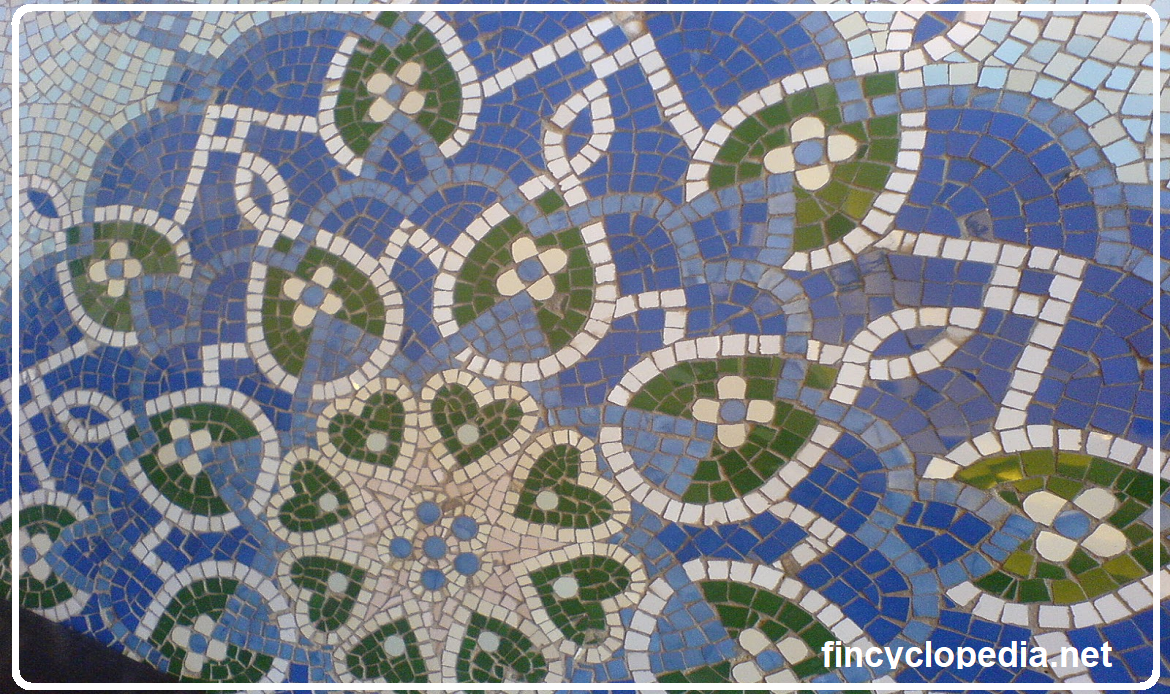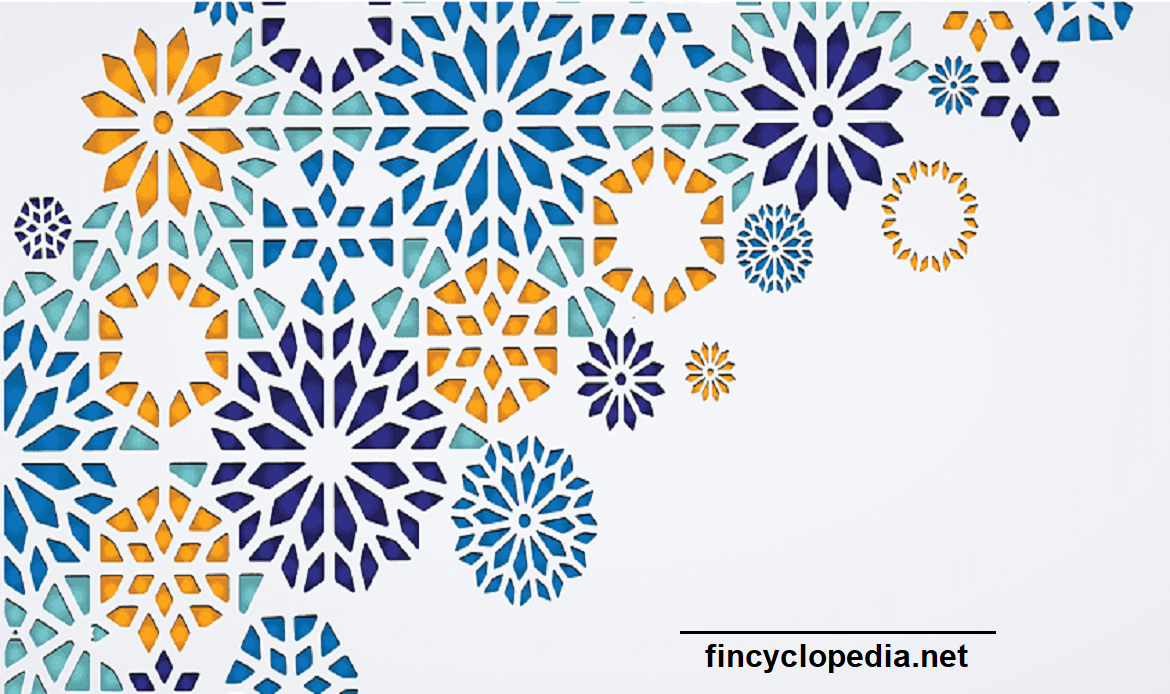Murabaha (also spelled murabahah) is a shari’a compatible mode of debt financing which involves the sale of a commodity mostly for a deferred price. The two parties to the contract are: a financier (usually an Islamic bank) and a client. In its business form, murabaha is initiated when a potential buyer orders a commodity to pay for it with a specified mark-up (profit). The seller accepts and accordingly procures the commodity. Once the commodity is legally possessed by the seller, the buyer is asked to purchase it and takes delivery. As such, the commodity must exist at the time of contract, and must be owned by the seller at that time whether via constructive (qabd hukmi) or physical possession (qabd fe’eli). Furthermore, quality and quantity must be defined in clear-cut terms, and the exact date and method of delivery must also be specified.
Murabaha cannot be securitized thereby creating a negotiable instrument to be traded in the secondary market. The contract of murabaha constitutes an evidence whereby indebtedness of the murabaha buyer towards the murabaha seller/ the financier is established. This contract represents an amount of money payable by the buyer. Therefore, the transfer of this indebtedness to a third party will involve the transfer of money and insofar as money is exchanged for money (in the same currency), the transfer must take place at par value. Any commercial paper resulting from securitization of murabaha cannot be traded at a lower or higher price relative to the actual murabaha price. Hence, the commercial paper represents a monetary obligation, and cannot be negotiable. Transfer is only permissible if at par value.






